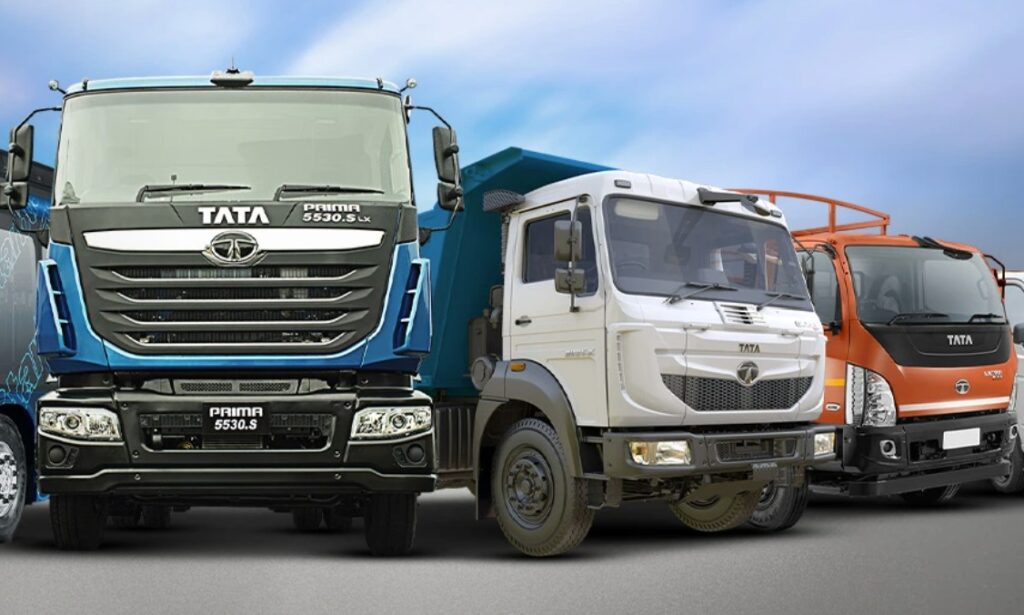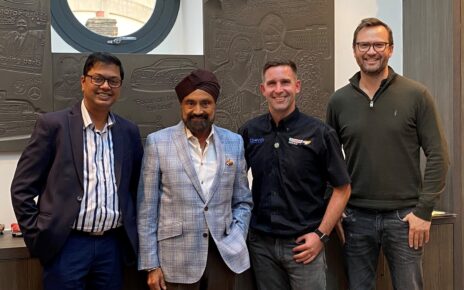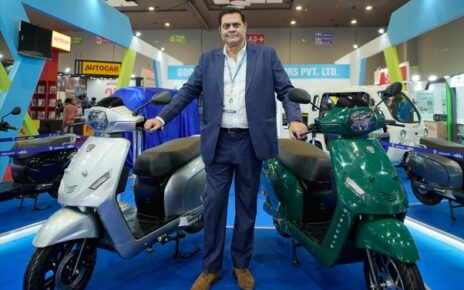India’s automotive sector has posted its strongest quarter in over a year, with 30 transactions worth $ 4.6 billion, according to the Grant Thornton Bharat Q3 2025 Automotive Dealtracker. While deal volumes remained steady, overall value surged sharply — driven primarily by Tata Motors’ landmark $ 3.8 billion acquisition of Iveco S.P.A., one of the largest outbound transactions in India’s automotive history. Excluding this deal, total value fell 36% from the previous quarter, signalling that large strategic bets continue to define industry momentum.

The quarter reflected a clear shift toward global expansion, electrification, and supply chain realignment, as both corporate buyers and private investors deepened their focus on future-ready mobility platforms. “The Indian automotive sector is in a phase of strategic reset — balancing policy reform, consumer realignment, and global expansion,” said Saket Mehra, Partner and Automotive Industry Leader, Grant Thornton Bharat. “The rollout of GST 2.0 and targeted tariff interventions have set the stage for renewed demand, even as OEMs and investors pivot toward cleaner, smarter mobility solutions,” he added.
Mergers & Acquisitions:
M&A activity rose sharply in value, with seven deals worth $ 4.1 billion — a 1,234% increase over the previous quarter despite a 13% drop in deal count. Cross-border transactions dominated, contributing 71% of deal volume and 99% of total value, with Asia and Europe being the most active regions. Tata Motors’ Iveco acquisition alone accounted for 95% of total M&A value, highlighting India’s growing global ambitions in commercial mobility. Samvardhana Motherson International also strengthened its international presence with three outbound acquisitions during the quarter.
Private Equity Investments:
Private equity activity remained strong, with 23 deals valued at $ 531 million. Deal volume rose 15%, though values dipped 17% due to the absence of large-ticket transactions. Investors favoured smaller, high-growth opportunities, with 70% of deals below $ 10 million. Mobility-as-a-Service (MaaS) led the PE flow, accounting for 80% of total investment, driven by Rapido’s $ 271 million funding from Prosus and WestBridge Capital. IFC’s combined $ 137 million funding in JBM Ecolife and GreenCell Mobility further boosted India’s clean mass mobility ambitions, supporting 4,000 new e-buses across 39 cities and creating over 12,000 jobs.
Capital Markets
Public market activity remained muted, with no major IPOs or QIPs in Q3 2025. However, the anticipated Toyota IPO in 2026 continues to attract strong investor interest, expected to revitalise automotive market sentiment.
Emerging Sector Trends
The quarter saw notable developments in next-generation mobility and clean technologies. Tata Technologies’ $ 88.2 million acquisition of Germany’s Es-Tec GmbH bolstered its ADAS and digital engineering capabilities. Inbound confidence was reflected in Schmitz Cargobull’s investment in Sub Zero Insulation Technologies and Prabal Motors’ acquisition of BharatBenz dealerships.
IFC’s investment in JBM Ecolife and GreenCell underscored the growing momentum in e-mobility, while TDK Ventures’ $ 21 million funding in Ultraviolette Automotive and fresh capital inflows into EV component makers such as Indigrid Technology, Evamp, PeakAmp, and Xbattery signalled sustained investor confidence in India’s clean mobility ecosystem.
Overall, Q3 2025 marked a turning point for India’s automotive sector — one defined by global ambition, deep-tech innovation, and a steady transition toward sustainable and electrified mobility.




